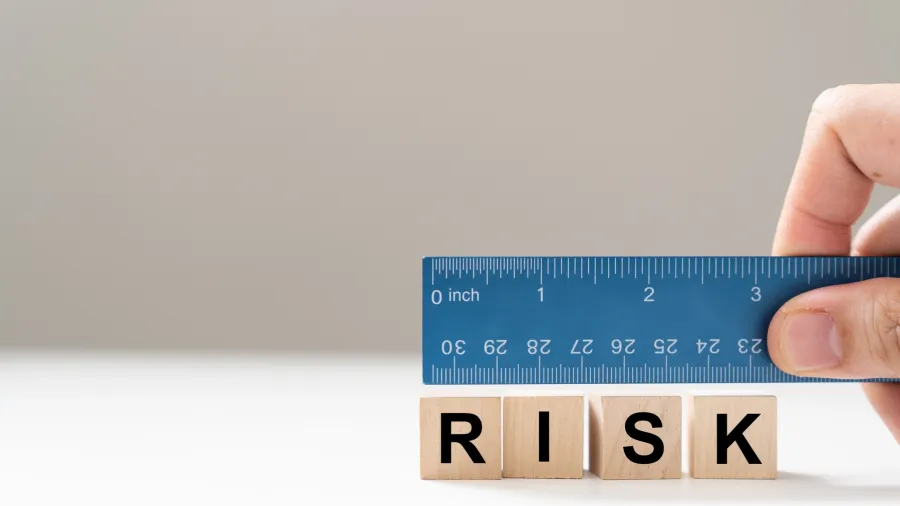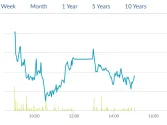
Asei's capital ratio falls amid high claims
Its risk-based capital ratio dropped to 208% by the end of June.
PT Asuransi Asei Indonesia’s (Asei) capitalisation and financial performance have deteriorated, mainly from high claims in the property insurance business and delayed claim recoveries in credit insurance, according to Fitch Ratings.
Asei's regulatory risk-based capital (RBC) ratio dropped to 208% by the end of June, down from 265% at the end of 2023, mainly due to higher claim reserves in general insurance.
Its financial leverage rose to 48% in June, up from 47% in 2023, largely due to a subordinated loan of US$26.46m (IDR407b) from its parent, PT Reasuransi Indonesia Utama.
However, Asei's equity of US$28.60m (IDR440b) in June 2024 still exceeds the 2026 regulatory equity requirement of US$16.25m (IDR250b).
Asei's underwriting result weakened, with the combined ratio worsening to 169% in the first half of 2024, compared to 102% in 2023, driven by high claims in property insurance and increased impairment of receivables in credit insurance.
The company reported a net loss of US$1.24m (IDR19b) in the first half of 2024, compared to a net profit of US$0.52m (IDR8b) in 2023. Its gross premiums declined by 15% in the same period, following a sharp drop in credit insurance business.
Asei's reliance on reinsurance has increased, with its premium retention ratio falling to 40% in the first half of 2024, down from 43% in 2023.
The company's reinsurance recoverable surged to 203% of its capital base by June 2024, increasing its exposure to risks associated with the credit quality of life insurers and domestic reinsurers.
Despite these challenges, Asei maintains a conservative investment strategy, with over 80% of its assets held in cash and fixed-income securities.
(US$1.00 = IDR15,328.89)



















 Advertise
Advertise







